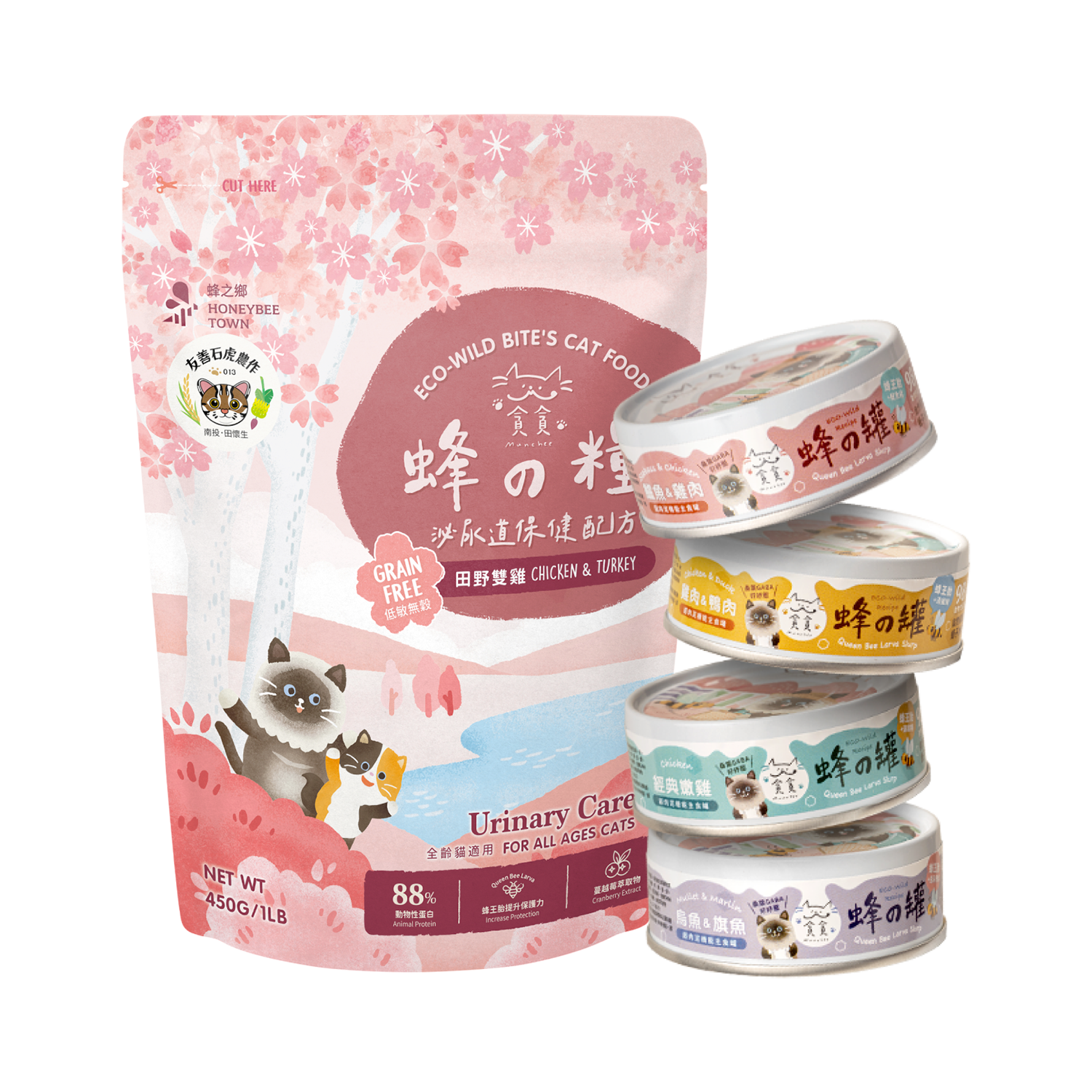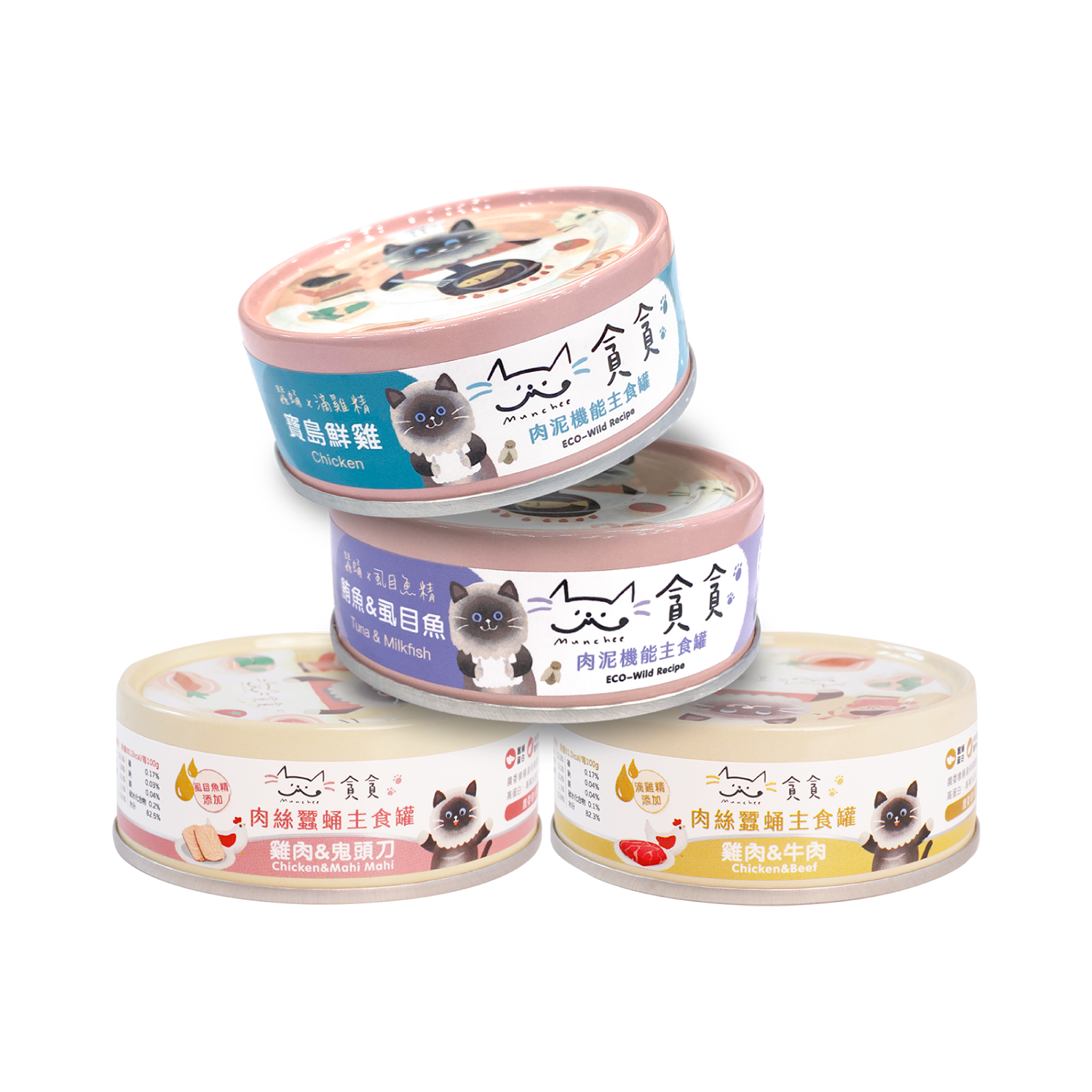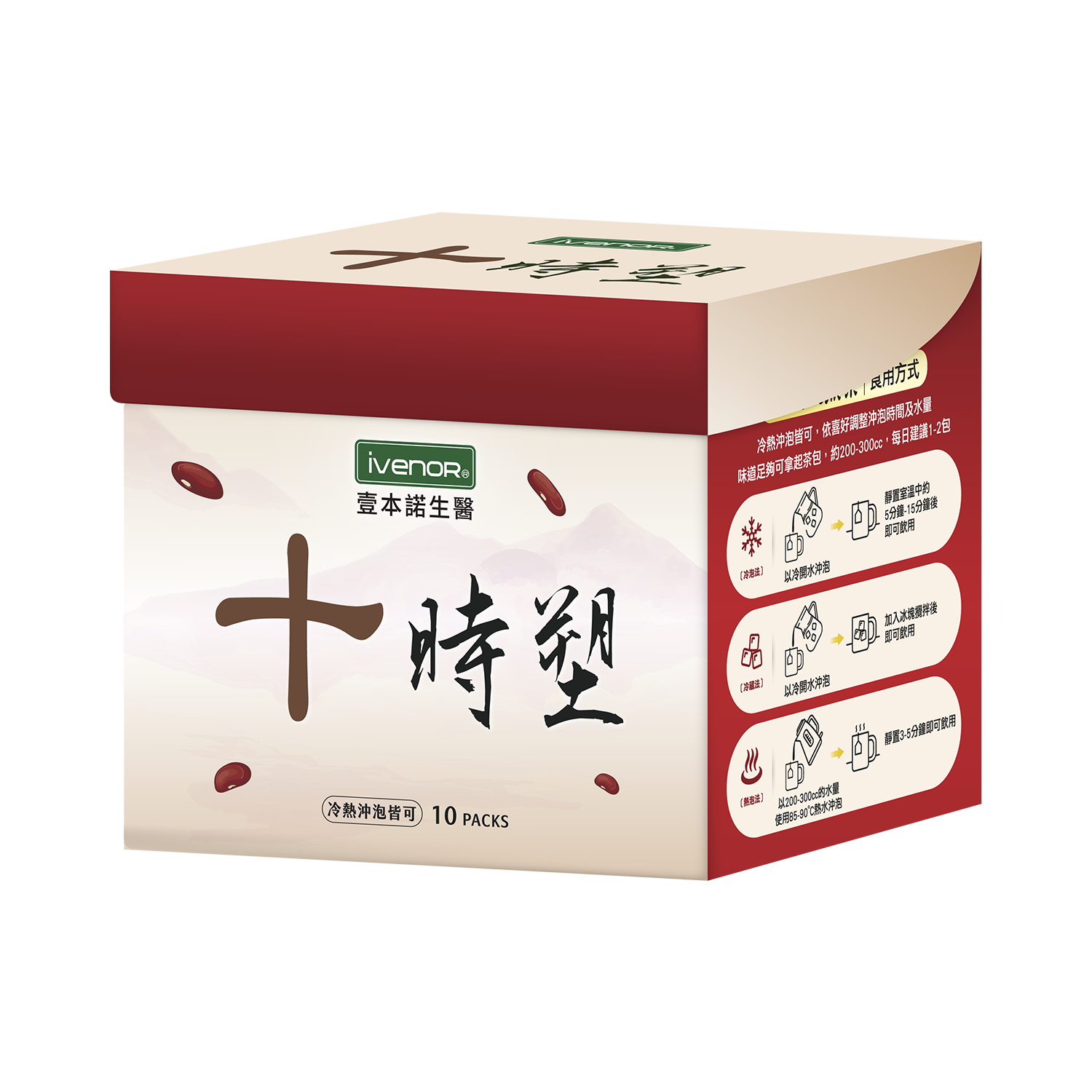政治 / 紐約時報頭條. 台灣選出緊靠中國的領導人
恭喜台灣
http://www.nytimes.com/2008/03/23/world/asia/23taiwan.html?hp
*******
TAIPEI, Taiwan — Taiwan on Saturday elected its first president who had campaigned for closer economic relations with Beijing, paving the way for a considerable lessening of tensions in one of Asia’s oldest flash points.
With all votes counted, Mr. Ma won 58.45 percent to 41.55 percent, and Mr. Hsieh quickly conceded defeat. Clear skies and warm weather until early evening helped produce a heavy voter turnout of 75.7 percent, which tends to help Nationalist candidates like Mr. Ma.
Both parties’ polls showed an increasingly close race in the final days of campaigning, in contrast with the last polls by news media organizations nearly two weeks ago, which showed Mr. Ma ahead by 20 percent. But in election day interviews, voters echoed Mr. Ma’s stance that closer relations with the mainland and its fast-growing economy represented the island’s best hope of returning to the rapid economic growth it enjoyed until the late 1990s.
Jason Lin, a 41-year-old interior designer, said as he left a polling place in Taipei that until this year he had voted for the Democratic Progressive Party and remained a member. But he crossed party lines to vote for Mr. Ma on Saturday because he was convinced that Taiwan’s economic survival depended on closer ties.
“If we don’t get into China’s market, we are locked into our own country,” he said.
http://www.nytimes.com/2008/03/23/world/asia/23taiwan.html?hp
*******
TAIPEI, Taiwan — Taiwan on Saturday elected its first president who had campaigned for closer economic relations with Beijing, paving the way for a considerable lessening of tensions in one of Asia’s oldest flash points.
With all votes counted, Mr. Ma won 58.45 percent to 41.55 percent, and Mr. Hsieh quickly conceded defeat. Clear skies and warm weather until early evening helped produce a heavy voter turnout of 75.7 percent, which tends to help Nationalist candidates like Mr. Ma.
Both parties’ polls showed an increasingly close race in the final days of campaigning, in contrast with the last polls by news media organizations nearly two weeks ago, which showed Mr. Ma ahead by 20 percent. But in election day interviews, voters echoed Mr. Ma’s stance that closer relations with the mainland and its fast-growing economy represented the island’s best hope of returning to the rapid economic growth it enjoyed until the late 1990s.
Jason Lin, a 41-year-old interior designer, said as he left a polling place in Taipei that until this year he had voted for the Democratic Progressive Party and remained a member. But he crossed party lines to vote for Mr. Ma on Saturday because he was convinced that Taiwan’s economic survival depended on closer ties.
“If we don’t get into China’s market, we are locked into our own country,” he said.




















